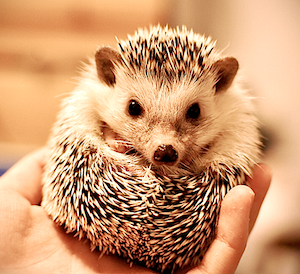 Stop the demand for unique pets. Millions of animals are taken from their habitats to stay in houses as pets, feeding a thriving unlawful commerce in wildlife. These reports clearly reveal that the unique pet trade has contributed all kinds of non‐native species worldwide.
Stop the demand for unique pets. Millions of animals are taken from their habitats to stay in houses as pets, feeding a thriving unlawful commerce in wildlife. These reports clearly reveal that the unique pet trade has contributed all kinds of non‐native species worldwide.
Extreme acute respiratory syndrome (SARS), monkeypox, and a bunch of diseases can discover their means into people from animals. A huge portion of exotic pets’ health issues are the results of house owners not offering the correct look after the animal.
The FDA lifted its portion of the ban in 2008, but the CDC ban stays in effect as a way to prevent the reintroduction of monkeypox within the U.S. The imported prairie dogs had been mingled with home prairie canines out there for sale, transmitting the monkeypox virus to them and on to people.
Even more staggering is the extent of struggling wild animals saved as pets endure. Among the many most harmful exotic pets embody apes, including chimpanzees. Conservationists usually see captive breeding as a strategy to save wild animals from poaching for the pet trade, and plenty of nations permit for the export of captive-bred animals as long as the right authorized paperwork are obtained.
When making the case against exotic-pet possession, animal rights advocates have a tendency to spotlight the dangers these previously wild creatures pose to humans; wild animal house owners underscore the inherent rights of humans to personal exotics.